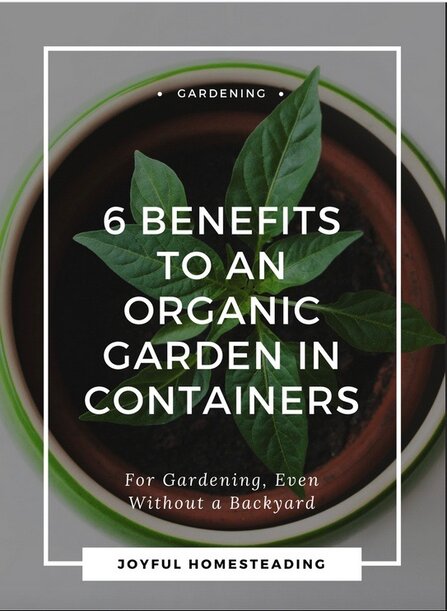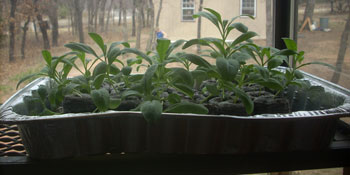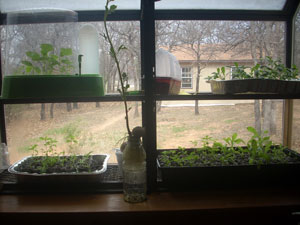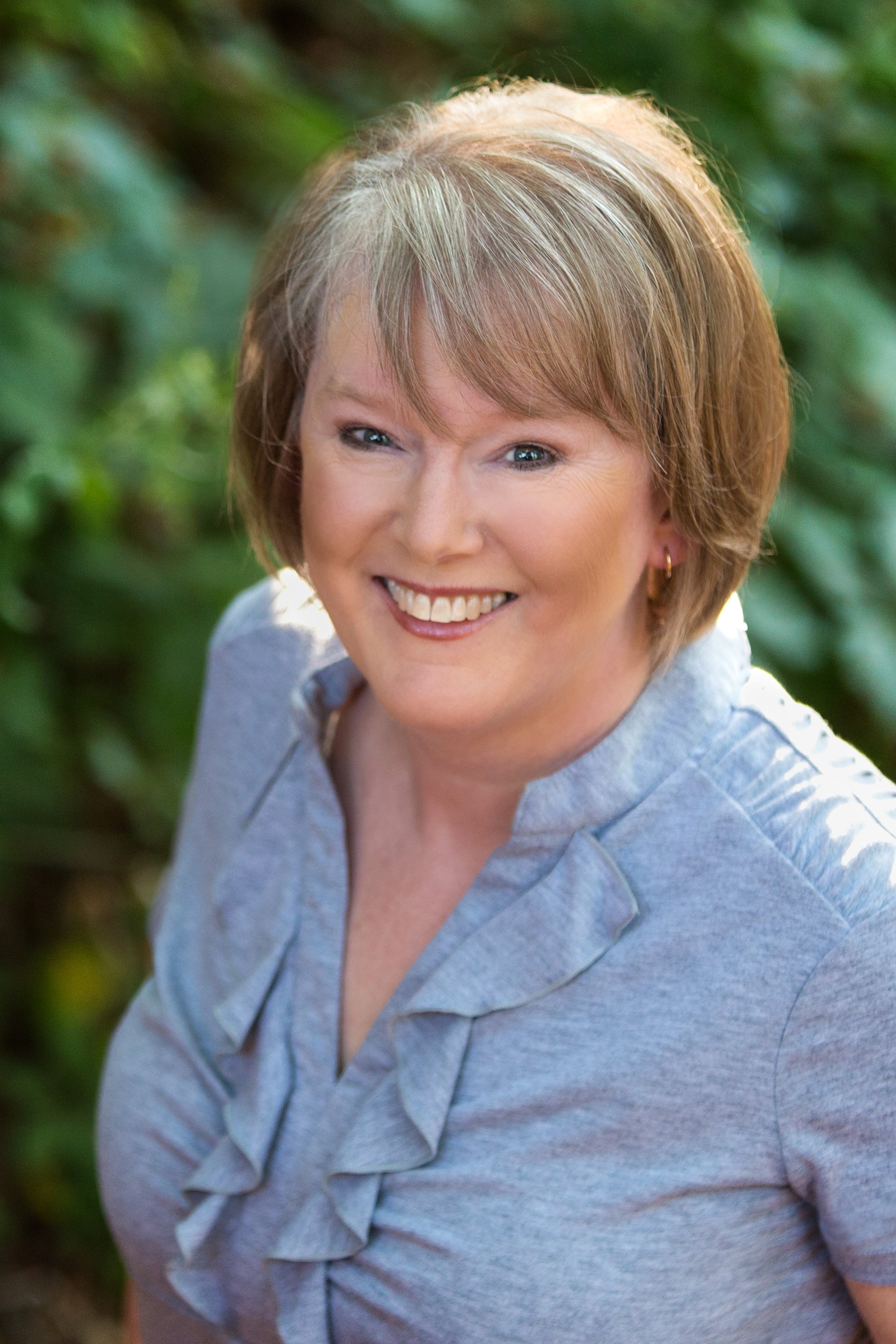Organic Gardening in Containers
Perfect For Limited Spaces
Organic gardening in containers is perfect for those who love growing their own food but have limited gardening space. Are you someone who yearns to garden but don't have a backyard? What if you live in an apartment?

Can you still grow tomatoes, lettuce and squash? The answer is an unequivocal yes. All you need are a few containers and some imagination to turn a small amount of space into a self-reliant garden.

So are there any benefits to organic gardening in containers? You bet! Here are six benefits of growing your organic garden in containers.
Great For Beginners
Container gardening is a boon for those who have never gardened before. It's an inexpensive way to see if gardening is for you without investing a lot of money and time. Try growing a few patio tomatoes and squash. You'll learn a ton and get some fresh produce besides.
Good For Winter Crops
If you have a sunny window, you can grow lettuce and herbs. Imagine having your own freshly grown salads in January!
Easier To Maintain
Plants grown in pots are easier to care for. There are far less weeds with organic gardening in containers. Your pots can be set on a platform, making it easier for the handicapped and the elderly to reach.
Healthier Plants
Because you are using potting soil, your plants are less likely to be contaminated by pollution. That makes for healthier crops for you and your family.
A Plus For Rooftops and Blacktops
No soil? No problem! If the only space you have is a concrete balcony or rooftop, you can still grow a vegetable garden.
Make a Good Start
Make sure you have a soil mix for your plants that drains well, provides nutrients and also retains moisture. Don't use garden soil, as that will be too heavy for your container plants.
Plus it could contain disease and pests. Instead purchase a good soil mix or make your own with a mixture of seed starting mix, compost and potting soil. Before setting your plants in their new containers, you will need to harden them off by setting them out during the day and bringing them back inside at night for a week or two.
Water Often
Organic gardening in containers is different from other types of
gardening in that you will need to water more - sometimes up to twice a
day,
depending on the weather, how many plants are in one container and even
the type of container you use.

To determine whether your plants need watering, feel the soil. If it feels dry a couple of inches down, then you will need to saturate all the soil in the pot. If water is draining from the bottom of the pot, then you know you have watered it sufficiently.
If your pot is drying out too quickly, your plant (or plants) may be too crowded. Prune your plant, or thin it if there are too many in one pot. Or move your container so that it is out of the direct sun and wind.
Organic Gardening in Containers
Care For Your Plants
Mulch your plants with compost, and not only will you be protecting your plants from the elements, you will also be providing them with the nutrients they need in incremental amounts.
Also, watch for pests and diseases. To keep aphids at bay, hose your plants off every few days.










New! Comments
Have your say about what you just read! Leave me a comment in the box below.